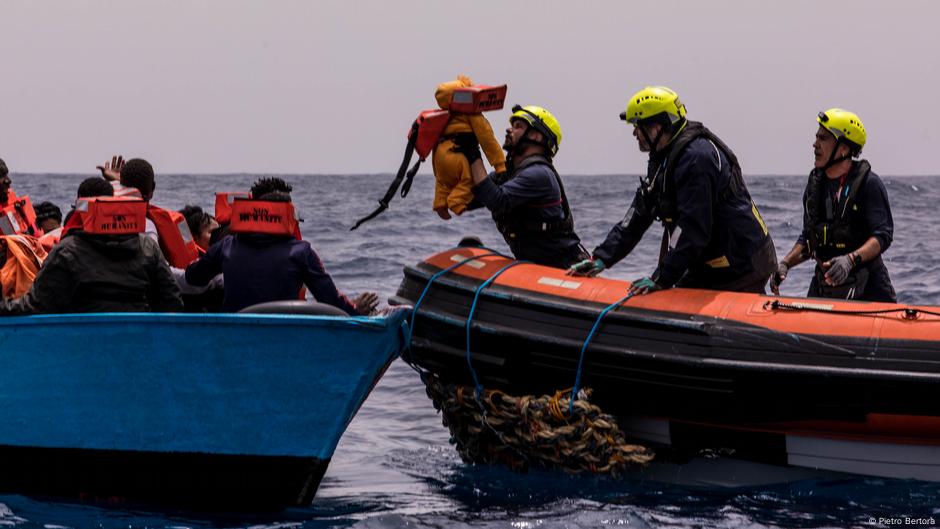Humanitarian Crisis at Sea: Rescue Workers Left Stranded by Political Indifference

For more than a decade, humanitarian organizations have been battling treacherous waters to rescue desperate refugees crossing the Mediterranean, yet they continue to feel abandoned by the European Union. Despite years of tireless efforts and countless lives saved, these organizations are still searching for a comprehensive solution to the ongoing humanitarian crisis.
The persistent challenge has sparked urgent discussions about the potential of an EU-wide rescue program that could provide a coordinated, systematic approach to maritime humanitarian assistance. Such a program could transform the current fragmented response into a more effective and compassionate strategy for supporting vulnerable migrants risking everything in search of safety.
As the Mediterranean remains one of the world's most dangerous migration routes, humanitarian groups are calling for unified action. They argue that a coordinated European response is not just a moral imperative, but a practical necessity in managing the complex humanitarian challenges of our time.
The proposed EU-wide rescue initiative represents more than just a potential lifeline for refugees—it's a test of European solidarity, human rights, and our collective commitment to protecting the most vulnerable. Will the European Union rise to the challenge and create a comprehensive rescue mechanism that reflects the continent's humanitarian values?
